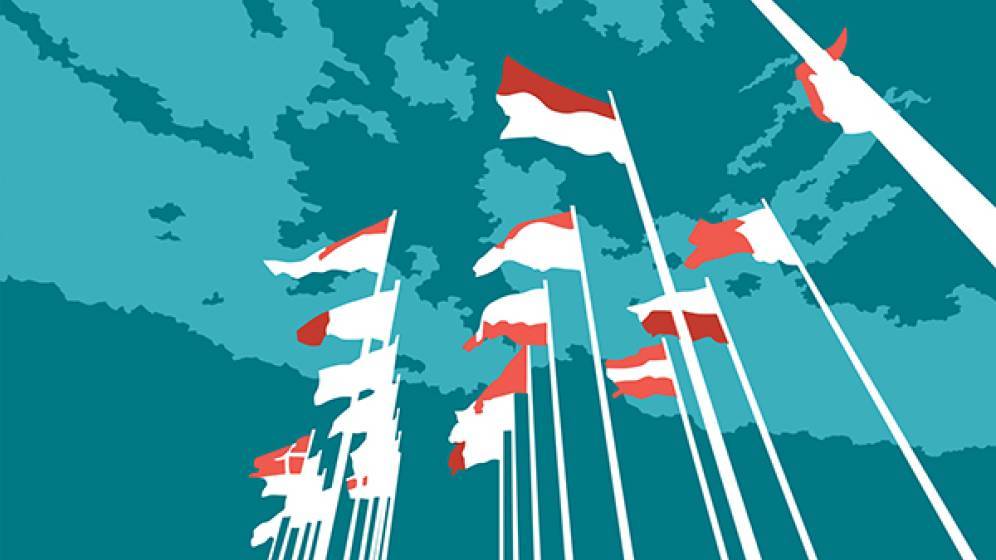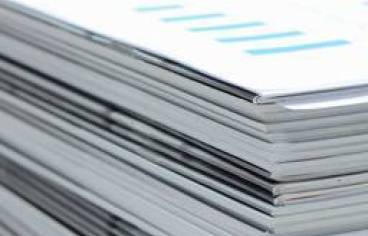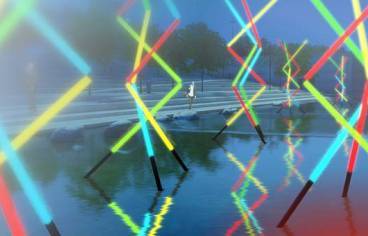A new and complex technological instrument, subject to ongoing innovation, the non-fungible token is difficult to describe with any accuracy, although its characteristics make it similar to a rights certificate.
In concrete terms, the acquisition of a non-fungible token involves acquiring a token registered on the blockchain associated with a "smart contract" that refers to a digital file (image, sound, video, etc.).
In law, the NFT remains very difficult to qualify with precision. It is not quite the same as a token as defined by the Monetary and Financial Code, although certain characteristics justify its being treated as such for the application of tax or financial rules, nor, with certain exceptions, as a work of art within the meaning of the Intellectual Property Code, its smart contract cannot, given the state of observable technical capacities, contain the underlying file in the blockchain at a reasonable cost, nor a certificate of authenticity, in the absence of any third party verifying the authenticity of the associated file or its authorship. The mission proposes to consider it as a title to the token registered in the blockchain. This may be associated with other rights over the digital file to which it refers. The object, nature, and scope of these rights vary according to the intention of the issuer as expressed by the technical and possibly legal choices associated with the smart contract.
Non-fungible tokens present many use cases, representing an opportunity for the cultural sector as a whole.
Indeed, the main characteristic of the NFT, which is to create a form of property in a digital universe characterised by the potential for infinite reproduction of works, makes it a technology favoured by digital artists, who are often exposed to copying and even plagiarism on the Internet.
However, the cultural uses of NFTs are not limited to digital art. In the film, music, publishing, photography, and audiovisual sectors, for museums and public cultural institutions, NFTs are likely to enable better promotion of cultural products to new audiences. They are also likely to strengthen communities of use, thus offering the sector new sources of revenue, generating new creative potential.
To take full advantage of this, however, a number of thorny legal and technical issues need to be clarified, particularly in the field of intellectual property, against a speculative and uncertain financial backdrop that may blur the prospects for development in culture.
Providing a secure legal framework to free up the use of tokens
pdf - 2 Mo - Ce document n'est pas conforme aux règles d'accessibilités (RGAA)
Partager la page


